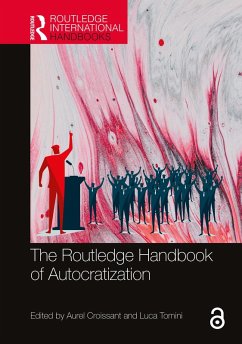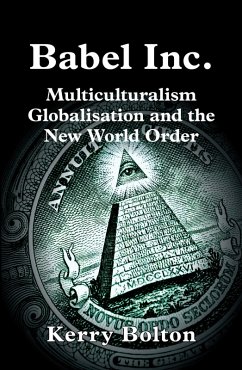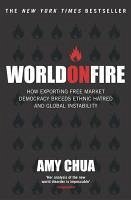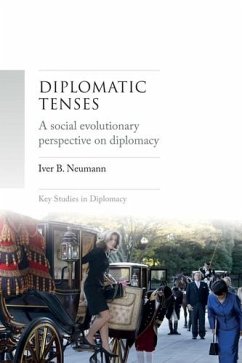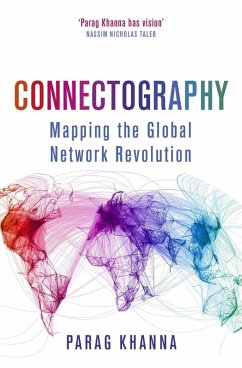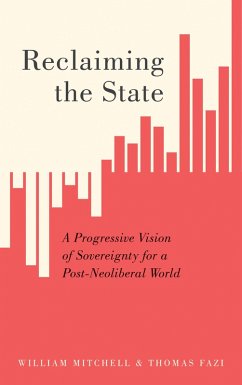
Globalisation and Ideology in Britain (eBook, ePUB)
Neoliberalism, free trade and the global economy
Versandkostenfrei!
Sofort per Download lieferbar
76,95 €
inkl. MwSt.
Weitere Ausgaben:

PAYBACK Punkte
38 °P sammeln!
Examines the impact of globalisaton across the ideological landscape of British politics by profiling the discourse on globalisation of several political groups involved in making and contestign British foreign economic policy.
Dieser Download kann aus rechtlichen Gründen nur mit Rechnungsadresse in A, D ausgeliefert werden.






